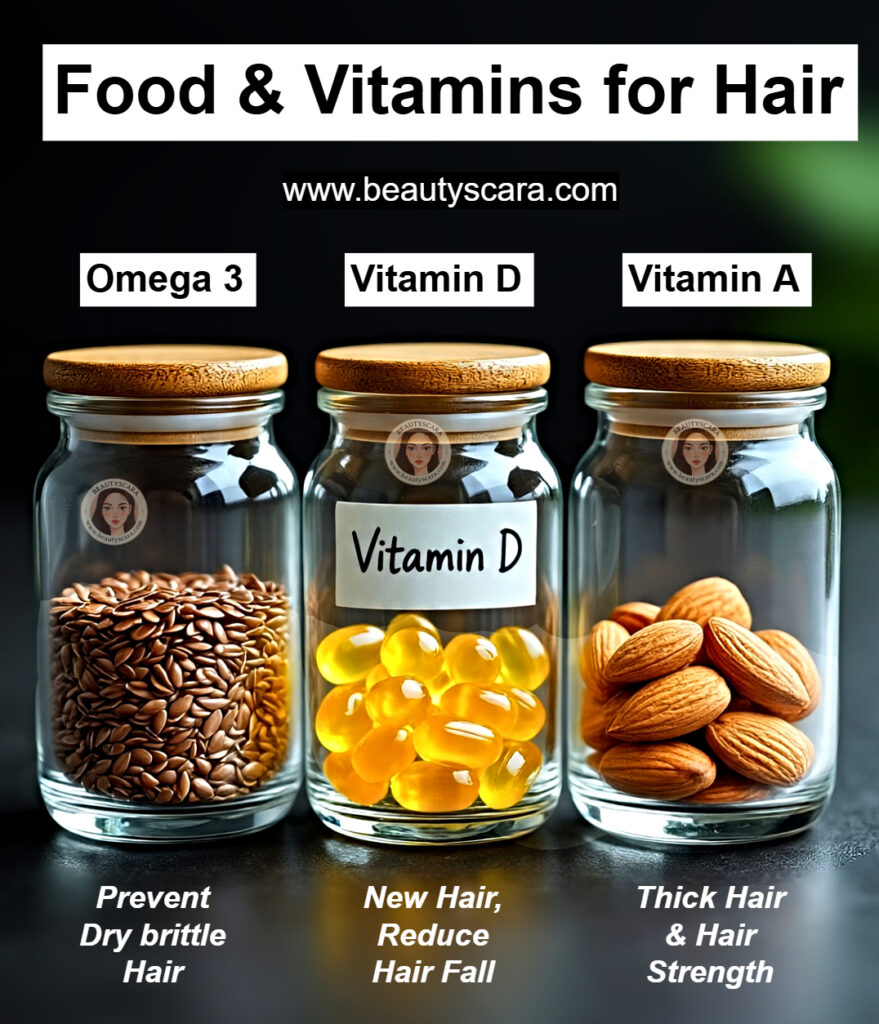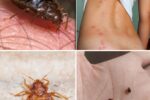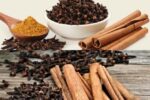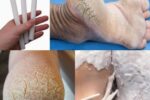Best Vitamins & Foods for Hair Growth
Healthy hair doesn’t just come from the right shampoo—it begins on your plate. What you eat shows up on your hair. It directly affects the growth rate, shine, and strength, of your hair. If you’re struggling with hair thinning, breakage, or slow growth, your diet might be missing key nutrients & you need vitamins for hair. Here’s a comprehensive guide to the best foods for hair growth, backed by science and nutrition.
Top Vitamins, Nutrients & Foods That Boost Hair Growth
1. Protein – The Building Block of Hair
- Why it’s important: Hair is up to 70 % made of protein. With protein deficiency, hair enters a resting phase and stops growing.
- Best sources: Eggs, Chicken, Greek yogurt, Lentils, Tofu
- Eggs are rich in both protein and biotin, a key vitamin for hair health.
2. Iron – For Strong Roots
- Why it’s important: Iron helps red blood cells carry oxygen to hair follicles. Low iron = poor circulation = hair shedding.
- Best sources: Red meat, Spinach, Pumpkin seeds, Quinoa, Lentils,
- Iron deficiency is a common cause of hair loss in women.
3. Omega-3 Fatty Acids – For Shine and Scalp Health
- Why it’s important: Omega-3s nourish the scalp, reduce inflammation, and help prevent dry, brittle strands.
- Best sources: Salmon, Mackerel, Chia seeds, Walnuts, Flaxseeds.
- Pro tip – Consider an omega-3 supplement.
4. Zinc – For Hair Tissue Repair
- Why it’s important: Zinc helps with oil production in the scalp and repairs hair follicles.
- Best sources: Pumpkin seeds, Oysters, Chickpeas, Cashews.
- Zinc deficiency may lead to dandruff or hair shedding.
5. Biotin (Vitamin B7)– The Hair Growth Booster
- Why it’s important: Biotin (Vitamin B7) strengthens keratin, improving hair structure and growth.
- Best sources: Eggs (especially yolks), Almonds, Sweet potatoes, Avocados
- Overuse of biotin supplements can be harmful. Whole foods are a better option unless prescribed.
6. B-Complex Vitamins (Especially B12, B6, and Folate)
- What they do: Support red blood cell production for better oxygen flow to the scalp.
- Deficiency signs: Hair shedding, fatigue, pale skin.
- Sources: Meat, dairy, leafy greens, fortified cereals, legumes.
- B12 is the most common vitamin deficiency for vegans and vegetarians, as it’s mostly found in animal products. It is important for them to take b12 supplements.
7. Vitamin C – For Collagen Production
- Why it’s important: Vitamin C helps produce collagen, a key part of hair structure. It also enhances iron absorption.
- Best sources: Citrus fruits, Strawberries, Bell peppers, Kiwi
8. Vitamin D
- What it does: Helps create new hair follicles and may reduce hair fall.
- Deficiency signs: Hair loss, fatigue, low mood.
- Sources: Sunlight, milk, mushrooms, fatty fish, egg yolks.
- Many people (especially those indoors or with darker skin) are low in vitamin D.
9. Vitamin A – For Healthy Sebum Production
- Why it’s important: Helps skin glands produce sebum, which keeps your scalp moisturized and hair healthy.
- Best sources: Carrots, Sweet potatoes, Kale, Butternut squash.
- Avoid overuse of vitamin A—it can actually trigger hair loss in high doses.
10. Vitamin E
- What it does: A powerful antioxidant that reduces oxidative stress on the scalp.
- Deficiency signs: Dull, weak hair.
- Sources: Almonds, sunflower seeds, spinach, avocado, olive oil.
- Helps improve scalp circulation and adds natural shine.
11. Don’t Forget: Hydration Matters
- Dry, brittle hair is often a sign you’re not drinking enough water. Aim for at least 8 glasses a day to keep hair hydrated from the inside out.
Quick List: Top 10 Foods for Hair Growth
- Eggs
- Spinach
- Salmon
- Sweet potatoes
- Nuts (especially almonds and walnuts)
- Seeds (chia, flax, pumpkin)
- Greek yogurt
- Avocados
- Red meat or lentils (for iron)
- Berries (for vitamin C)
Best Hair Vitamin Supplements (Look For):
- Biotin (2,500–5,000 mcg)
- Vitamin D (600–2,000 IU depending on deficiency)
- B-Complex
- Vitamin C (75–90 mg)
- Iron (only if deficient)
- Vitamin E (15 mg)
- Zinc (8–11 mg)




